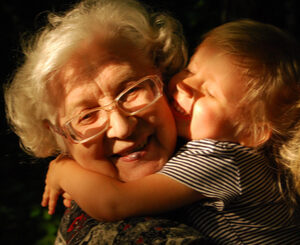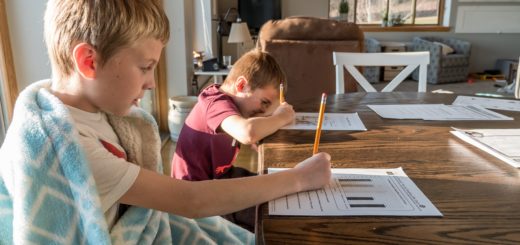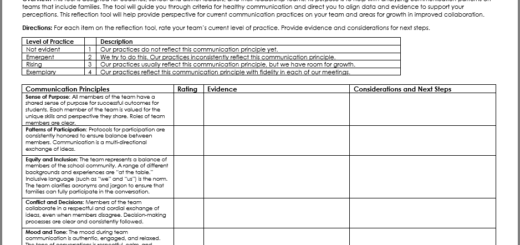Ways to Support Your Adolescent’s Mental Health and Well-being in Partnership with their School
Here are 5 research-based tips for supporting your middle or high schooler’s mental health and well-being in partnership with their school. This 1 page document is available to download below. We also share stories and quotes below from Ohio families, about the daily ways they support their adolescent and partner with their school to ensure they are able to learn and grow.
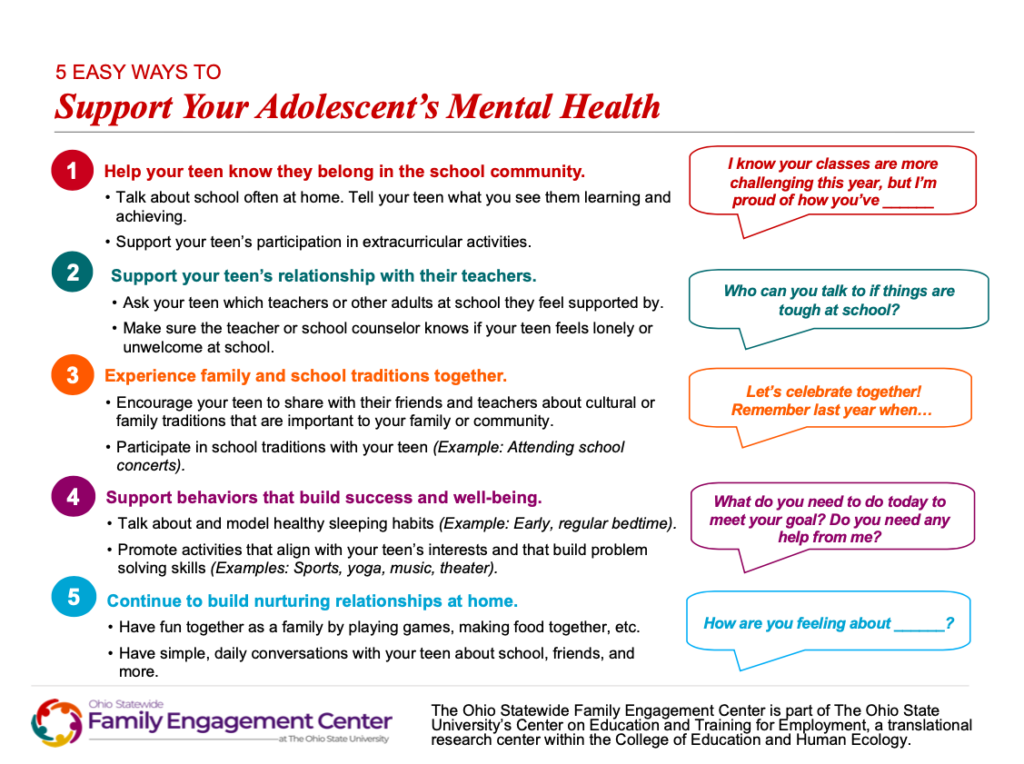
Family Stories and Quotes
Help your teen know they belong in the school community.
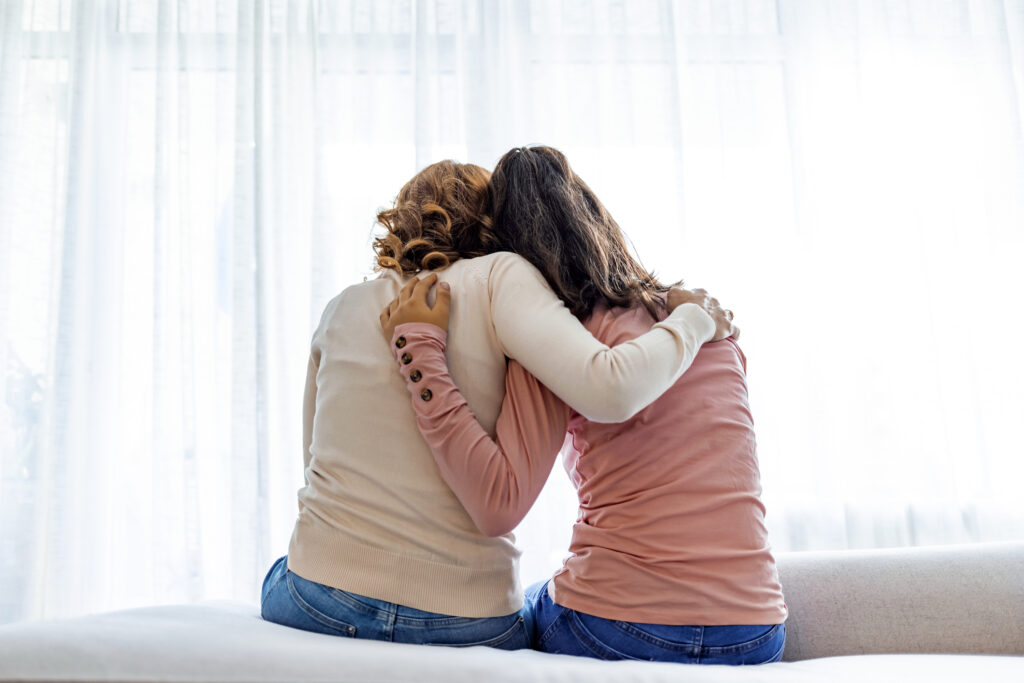
“My daughter had a hard time fitting-in at school after COVID remote learning. Not having friends, and social anxiety. She was really depressed being at home by herself. She really had a hard time. We talked about what she was feeling. I would turn everything off, the television, the phone, and just listen. “What can I do for you? At home and at school.”
– Ohio Parent
Continue to build nurturing relationships at home.

“My son went through a very tough time. He had a hard time keeping up with the academics of his private high school. He was a very good athlete, but I had to help build his confidence in his ability to do the work. It was extremely tough for him emotionally. His senior year, we took him out of that school because he was having such a tough time.
He ended up doing extremely well in the public school his senior year. That time we had–me keeping his morale up and helping him understand that not everything is for every child, helping him understand he was capable–it was very valuable as a dad. And his academics ended up being straight A’s his senior year. I really feel that knowing your children and knowing what they’re capable of is very helpful.”
– Ohio Parent
Help your teen know they belong in the school community.

“My daughter is finding her way by being active in a school club. I’m encouraging her to step out of her comfort zone. It was uncomfortable for her, trying something different. She’s somewhat of an introvert. So that was kind of a goal – to have her sign up for one club. This year, she’s a captain of a club. She has a leadership role and has to talk in front of people. I didn’t ask her to run for captain, it just fell in her lap. I told her, “It’s ok to be scared and nervous.” My daughter felt like people all had their own social groups. I let her choose. I said, “I really need you to keep an open mind about what you want to do, and the choices you want to make.” She went to all the clubs they had an informational day. Now she is part of the Girls 2 Women group at Cincinnati Public.”
– Ohio Parent
Support behaviors that build success and well-being.

“My daughter is hard on herself. I’m trying to help her create balance. Every night, we talk about her day. I say, “Tell me what made it good.” I have to pull. One thing we are always working on is giving her permission to forgive herself, and be okay with making mistakes. They happen. Then you have to know that none of us are perfect. In order for us to grow every day, to be the best version of ourselves, you have to give yourself some grace. She was sad because she had studied for AP chemistry, and she’s been having a difficult time with it. She didn’t do well on a test. She was trying to figure out where she went wrong. I can’t tell her what she missed as her parent, but I try to lead and guide her to backtrack. “When did you start studying? Did you have notes? Did you go to your teacher’s study session?” All the things that led up to the test. “What could you have done differently?” There are some thing that she might pick out. I’m trying to let her discover. People think when they are in high school, you need to step back. You still have to keep in touch. That phone, what are they doing, staying up late. But she’s hard on herself. I’m giving her permission to cry, to be sad, and for all those things, and to be happy, but then channel that, once you get to that point, to get out of it. Find her own solution. Helping her walk through the process of it.”
– Ohio Parent
Help your teen know they belong in the school community.
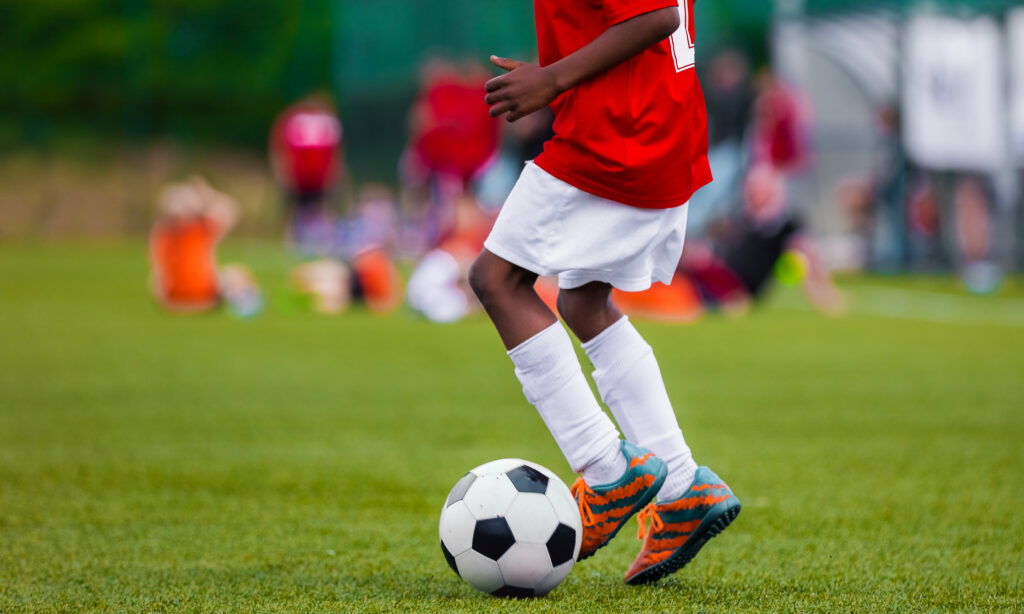
“I’ve noticed that when my kids are in sports, they do better academically and socially. They care more. The routine and schedule help them. If they have from right after school at 2:30 pm until bedtime to get their homework done, it gives them a lot more time to procrastinate. If they’ve got practice, it puts things on a tighter timeline and it makes them feel like they have to be more productive with their time. The short time between school and practice–they’ve got to utilize that. There is less time for distraction. Also, with sports, they have one additional person in their coach, who is not their parent, talking with them about their work and emphasizing that they need to take care of themself.”
– Ohio Parent

